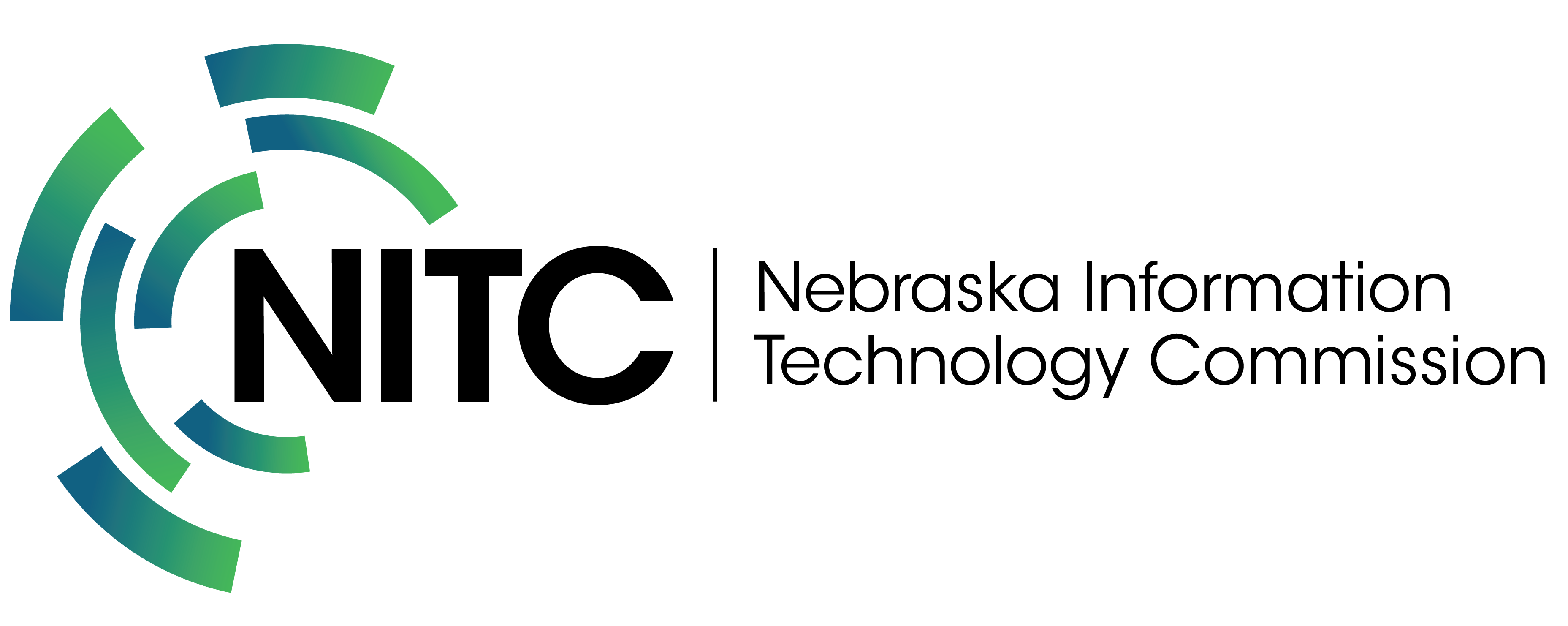Norfolk Public Library Lends Hotspots, Starts Community Discussions
By Jessica Chamberlain, Director of the Norfolk Public Library
The Norfolk Public Library started loaning out Wi-Fi Hotspots in August 2016. This new program is a response to how people are accessing information, but is also a response to the Nebraska Broadband Study. This study, conducted in 2014, showed that 72% of households in the northeast region of the state had broadband access at home at that time. Unfortunately, this is the same percentage that was shown for 2010, so no growth in at-home broadband access had occurred during that time frame. In addition, the northeast region of the state had the lowest percentage of households with broadband access in the state.
Providing access to information is a central purpose for most libraries, including ours. As the way people access information has changed, we have changed as well. It began with access to computers and the internet in the library and is now transitioning to providing broadband access for mobile devices. While many mobile devices can access the internet through a data plan, those plans are cost-prohibitive for many. We often see people in the library who have their own mobile device, but need access to broadband Wi-Fi. Although we are glad to be able to provide free broadband Wi-Fi for everyone in our building, and average around 110 Wi-Fi sessions per day, we understand that this does not meet everyone’s needs. The library can only be open a certain number of hours a week, and for those with limited transportation options, it may be difficult to get to the library no matter when it would be open.
Lending Wi-Fi hotspots is a way to attempt to fill this gap. It gets broadband access into people’s homes so they can access the information they need when they need it. Each hotspot can connect up to 15 devices to the internet at one time. Albeit, this program only grants temporary broadband access. In our particular lending program, patrons can borrow a hotspot for three weeks at a time. As soon as the hotspot is returned, they can put their name back on the waiting list to check one out again. Although we started this program with just four hotspots, we quickly increased that to 10 due to the demand for the program. Even with 10 hotspots, we consistently have around 30 people on the waiting list. While we are not currently able to keep up with the demand for this program, it is still providing significant benefits to our community.
In addition to the obvious benefit of increasing the availability of broadband internet access in people’s homes, another benefit has been that we’ve been able to start new conversations about the need for broadband access in our community. Sometimes those conversations start with an explanation of why broadband access is so important for finding government and tax information, answers to health questions, educational research, and communication. More and more, we are finding that those conversations quickly move from explaining why people need it to how we can make it better. Our Wi-Fi lending program is doing just that: Improving broadband access in our corner of the state.
From the January 2017 issue of Nebraska Broadband

